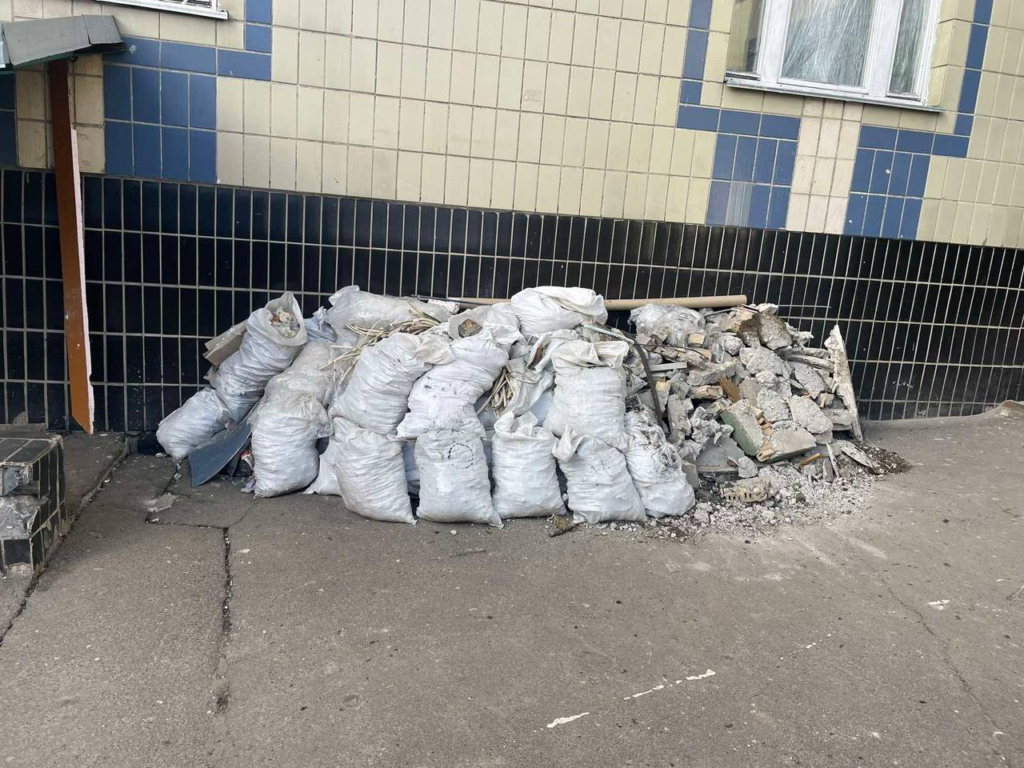In the dynamic realm of construction, waste management plays an essential role in ensuring operational efficiency, maintaining safety standards, and promoting environmental sustainability. As construction projects continue to center in scale and difficulty, the usage of innovative technologies has revolutionized the way waste is handled, recycled, and repurposed. These advancements not only streamline processes but also contribute significantly to reducing the industry’s environmental presence. In this blog, we explore the cutting-edge technologies altering construction waste removal and their have an effect on enhancing efficiency and sustainability.

The Advancement of Construction Waste Management
Traditionally, construction waste management involved manual sorting, discretion, and limited recycle efforts. However, with growing environmental concerns demolition waste removal and regulatory stress, a has embraced technological innovations to maximize waste removal processes. These innovations leverage automation, data analytics, and advanced materials processing techniques to achieve higher efficiency and sustainability goals.
Robotics and Automation
Robotics and automation have revolutionized various areas of construction, including waste removal. Automated sorting systems utilize sensors and artificial learning ability (AI) to segregate different types of waste products efficiently. This technology enhances accuracy, reduces human error, and speeds up the sorting process, thereby increasing overall productivity. Robots can handle tasks such as lifting heavy debris, sorting recyclables, and transporting materials to designated discretion areas, all while lessening the risk of injuries to human workers.
IoT and Smart Sensors
The internet of Things (IoT) and smart sensors play a pivotal role in real-time monitoring and management of construction waste. IoT devices embedded in waste receptacles and containers enable remote monitoring of fill levels, temperature, and humidness, optimizing waste collection schedules and channels. Smart sensors provide data skills that inform decision-making, such as identifying areas with excessive waste pile-up or knowing potential environmental hazards. This data-driven approach not only improves operational efficiency but also enhances safety and resource part.
Mobile Apps and Digital Platforms
Mobile applications and digital platforms have transformed communication and coordination in construction waste management. Project operators and supervisors can use mobile apps to track waste generation rates, monitor recycle quotas, and synchronize collection logistics in real time. Digital platforms facilitate seamless collaboration among stakeholders, waste management providers, and recycle facilities, promoting visibility and obligation throughout the waste removal process.
Advanced Materials Recycle
Advancements in materials recycle technologies have expanded the scope of recyclable construction waste. Innovative processes such as advanced sorting techniques, mechanical shredding, and chemical recycle enable the recovery of valuable materials from demolition debris, concrete, metals, pouches, and wood. These materials can be repurposed for new construction projects or diverted to extra markets, reducing reliability on raw materials and lessening waste provided for landfills.
Prefabrication and Modular Construction
Prefabrication and modular construction techniques contribute to reduced waste generation during project execution. Off-site manufacturing to create components allows for precise material planning and optimization, lessening on-site waste during assembly. Additionally, modular construction promotes resource efficiency by aiding easier disassembly and recycling of components in future projects, aligning with circular economy principles and sustainability goals.
Sustainable Waste-to-Energy Solutions
Innovative waste-to-energy solutions offer alternative path ways for managing construction waste sustainably. Technologies such as biomass conversion, anaerobic digestion of food, and winter depolymerization convert organic waste into renewable energy sources, such as biofuels or electricity. These solutions not only reduce landfill dependancy but also contribute to mitigating greenhouse gas emissions and promoting renewable energy usage within the construction sector.
Conclusion
In conclusion, innovative technologies are revolutionizing construction waste removal by enhancing efficiency, promoting sustainability, and advancing environmental stewardship. From robotics and automation to IoT-enabled smart sensors and advanced recycle techniques, these technologies are reshaping how construction companies manage waste throughout project lifecycles. By enjoying these innovations, stakeholders in the construction industry can perform significant benefits, improve operational resilience, and reduce their environmental impact.
As the demand for sustainable construction practices continues to grow, the integration of innovative waste management technologies will play a pivotal role in healthy diet the future of the industry. By prioritizing efficiency, visibility, and resource conservation, construction companies can pave the way for a more sustainable built environment while meeting regulatory requirements and outperforming stakeholder expectations. Enjoying these technologies represents a transformative possibility to create cleaner, safer, and more resilient construction sites for generations to come.